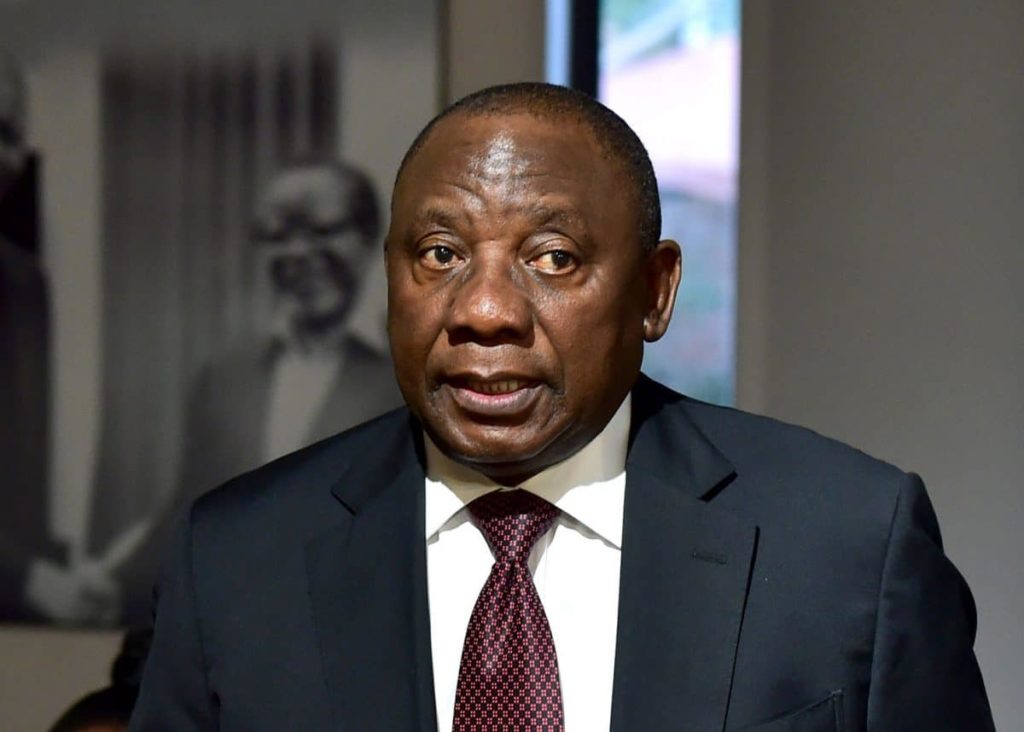AFTER months of speculation, a decision has finally been made — Russian President Vladimir Putin won’t attend the August BRICS (Brazil-Russia-India-ChinaSouth Africa) summit in South Africa.
This ‘get out of jail free’ card removes Pretoria’s need for a decision on this awkward diplomatic and legal dilemma. In March, the International Criminal Court (ICC) issued an arrest warrant for Putin for war crimes allegedly committed in Ukraine after February 2022.
As a signatory to the ICC’s Rome Statute, and owing to the country’s domestication of that statute, South Africa is obliged to arrest Putin if he arrives in the country. This meant South Africa faced a unique situation among its BRICS peers.
Neither China nor India have signed the Rome Statute. Although Brazil is a member, it didn’t have to reckon with the dilemma since it wasn’t hosting the meeting.
Apart from the unequivocal legal position, which requires South Africa to execute the arrest warrant, there are compelling reasons to suggest that a ‘stay-away’ was always Putin’s most likely decision. It provided a face-saving option for all parties.
First, there’s Putin’s notorious aversion to international travel. Since the war began in Ukraine, Putin hasn’t left Europe or Central Asia. His last noteworthy trip outside these bounds was in October 2021 when he travelled to Brunei.
Second, recent mutinous events in Russia by the Wagner group provide a legitimate reason for Putin to stay home. Leaving Moscow amid a hostile domestic environment and potential security threats could be considered reckless.
Third, and arguably most importantly — the security risk. There was not enough to gain from a visit to South Africa that would expose Putin to the uncertain actions of a foreign government and its independent courts on foreign soil.
Diplomatically, Pretoria successfully (albeit sometimes with mixed messages) followed well-established protocol by leaving the decision to Moscow. This allowed it to remain on favourable terms with Russia without antagonising key Western partners. Indeed, both Moscow and Pretoria were coy about the visit, issuing vague, non-committal statements.
Drawing out the decision allowed Moscow to extract maximum political mileage from the situation. Indeed, some sources who requested anonymity told ISS Today that Putin never intended to come. The entire episode, they said, was being used for leverage and to send a signal to Western powers around the gravitas and appeal of Russia in the global south.
For South Africa, there are also strong political and economic reasons why the stay-away is the preferred option. The decision allows Pretoria to spin the outcome in a favourable light. Politically, it means President Cyril Ramaphosa, a self-proclaimed constitutionalist, can maintain credibility. He has positioned his administration as one that respects the rule of law, in contrast to that of his predecessor Jacob Zuma.
The Phala Phala scandal had already weakened Ramaphosa’s standing, and ignoring the precedent set by the 2015 Omar al-Bashir debacle would signifi cantly dent his credibility and lead to an economic backlash.
South Africa’s deliberate neglect of its international and domestic obligation to arrest ICC suspect al-Bashir when he attended an African Union summit in Johannesburg was deemed illegal and unethical by the country’s courts. The stay-away option allows Ramaphosa to short-circuit these issues and balance competing forces.
These forces are both internal, in the ruling African National Congress (ANC), where sentiment is tilted towards Moscow, and external, with the business and international community drawing a red line around Putin’s potential visit. The economic risks associated with the visit meant that, despite all the rhetoric, the administration was unlikely to pursue a course of action tantamount to economic sabotage. —DM
